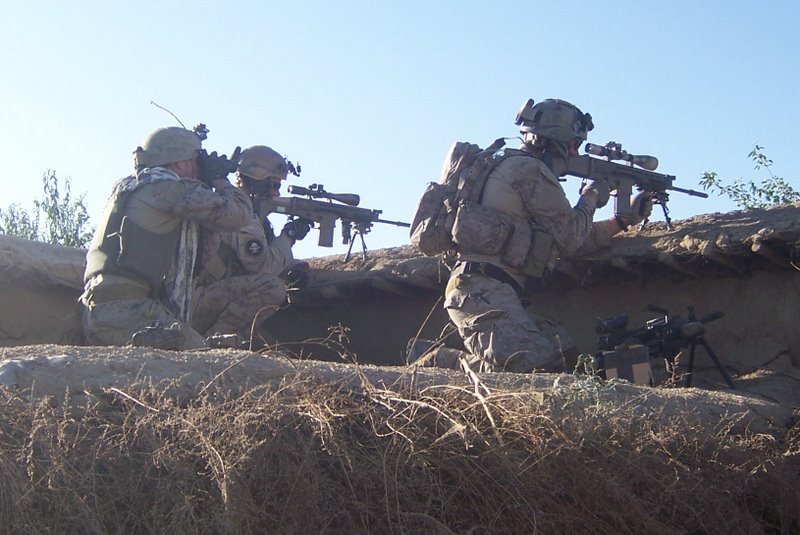As stated in the “Blunt End of the Spear” (SOFRep, November 22, 2012) many in the National Security world and the military. For this reason there is no doubt SOF will continue to be a viable option in many areas of the world. However, these two facts have the potential to lead to two unique problems. First, will SOF as a whole be required to change its mission set, adapt to more non SOF oriented operations and generally lose its unconventional edge? The second issue is whether conventional forces will be modified, reorganized and re-trained to accommodate this vision of the future. Essentially conventional and unconventional forces will and have begun to integrate and work more closely together, but will this effort begin to blur the lines between regular and special forces?
“The wars in Iraq and Afghanistan provided a tremendous battlelab for Army Special Operations Forces. And now, with one war over and the other winding down, we have to make sure we don’t lose the gains we have made,” said Lt. General Cleveland (Commander ASOC) at this years meeting of the Association of the United States Army. Army SOF now has established doctrinal regulations to guide its path forward, most hope this will ensure Army SOF remains unconventional and able to meet the needs of what it was designed to do. This is good news for ASOC however the more important element in this potential quagmire is what Big Army is doing.
Big Army acknowledges that future conflicts will be less about large scale tank battles and more about isolated events revolving around skill sets such as COIN, village stability, and surgical strikes. “For this reason, the regular Army is focusing on the squad as the foundation of the force”, states Daniel Goure, Ph. D. On the on hand this sounds like a good thing. The Army, Big Army is shifting gears in anticipation of the next series of conflicts and is preparing itself to be more strategically and operationally agile. However, in the same way it is difficult to change course once an aircraft as begun its turn so it is with regular Army. The concern then is, will the regular Army’s move towards less conventional methods begin to envelope or overrun that of Army SOF. Will this creep of policy and doctrine create one large special force that will no longer be able to address the more asymmetric threats of the future? Additionally will this shift cause conventional Army units to lose sight of their best practices, best practices based on decades of experience? Are we, the United States leaving ourselves open to being ill prepared to handle a conventional adversary should one arise?
To answer many of these questions we must take a step back and look back at look at why SOF was developed. For this reason I leave you with what I believe to be one of the most authoritative definitions of Special Operations by Dr. Robert Spulak from his standout paper “A Theory of Special Operations” (2007).
“Special Operations Forces (SOF) are small, specially organized units manned by carefully selected people using modified equipment and trained in unconventional applications of tactics and against strategic and operational objectives. Further, the successful conduct of special operations relies on individual and small unit proficiency in specialized skills applied with adaptability, improvisation, and innovation against adversaries often unprepared to react. It has often been stated that the unique capabilities of SOF complement those of conventional forces.”
Already have an account? Sign In
Two ways to continue to read this article.
Subscribe
$1.99
every 4 weeks
- Unlimited access to all articles
- Support independent journalism
- Ad-free reading experience
Subscribe Now
Recurring Monthly. Cancel Anytime.











What readers are saying
Generating a quick summary of the conversation...
This summary is AI-generated. AI can make mistakes and this summary is not a replacement for reading the comments.